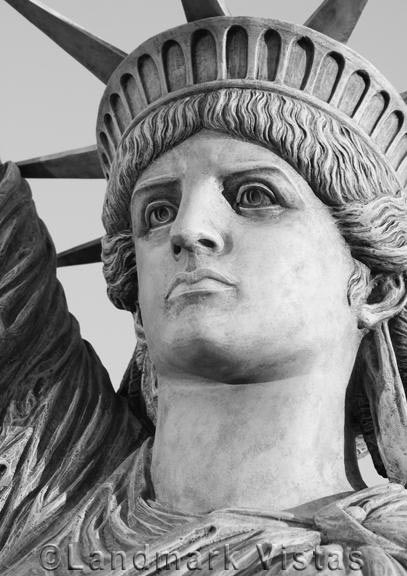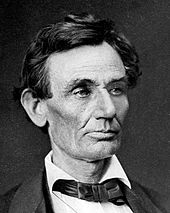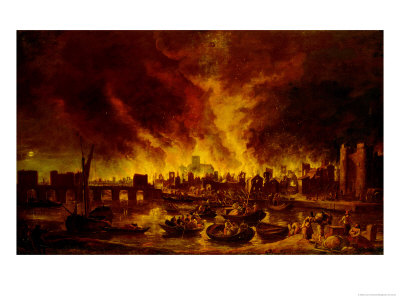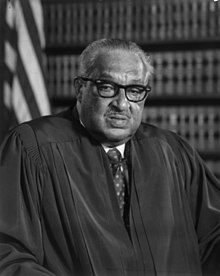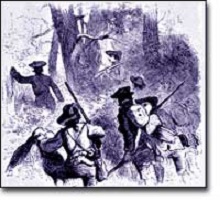Today in History:
1492 - Columbus' fleet sets sail west
1776 - Continental Congress renames "United Colonies," "US"
1850 - California becomes 31st state
A Saint's Feast Day: St. Peter Claver
St. Peter Claver was born at Verdu, Catalonia, Spain, in 1580, of impoverished parents descended from ancient and distinguished families. He studied at the Jesuit college of Barcelona, entered the Jesuit novitiate at Tarragona in 1602 and took his final vows on August 8th, 1604. While studying philosophy at Majorca, the young religious was influenced by St. Alphonsus Rodriguez to go to the Indies and save "millions of perishing souls."
In 1610, he landed at Cartagena (modern Colombia), the principle slave market of the New World, where a thousand slaves were landed every month. After his ordination in 1616, he dedicated himself by special vow to the service of the Negro slaves-a work that was to last for thirty-three years. He labored unceasingly for the salvation of the African slaves and the abolition of the Negro slave trade, and the love he lavished on them was something that transcended the natural order.
Boarding the slave ships as they entered the harbor, he would hurry to the revolting inferno of the hold, and offer whatever poor refreshments he could afford; he would care for the sick and dying, and instruct the slaves through Negro catechists before administering the Sacraments. Through his efforts three hundred thousand souls entered the Church. Furthermore, he did not lose sight of his converts when they left the ships, but followed them to the plantations to which they were sent, encouraged them to live as Christians, and prevailed on their masters to treat them humanely. He died in 1654.
Daily Quotes:
"Behavior is the mirror in which everyone shows their image." -Goethe











